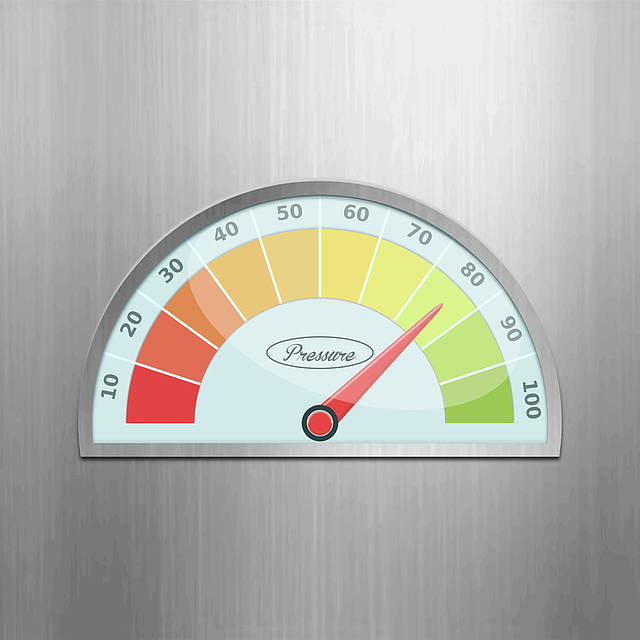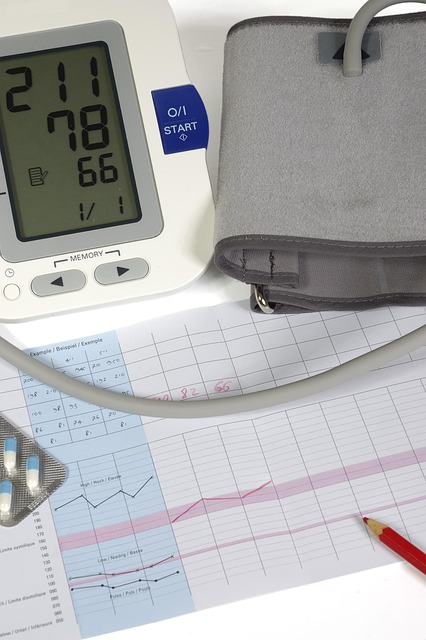Hard water, high in calcium and magnesium, is a leading cause of low water pressure in homes and offices due to mineral buildup in pipes. This buildup restricts water flow, straining fixtures and appliances and reducing their lifespan. Understanding the causes, including outdated plumbing systems or faulty components, is key to effective prevention and maintenance strategies like regular cleaning, descaling, installing water softeners, and routine plumbing inspections. By tackling hard water buildup, you can restore optimal water flow and avoid issues related to low water pressure.
Are you experiencing weak water pressure in your home or office? It could be due to hard water buildup, a common issue that often goes overlooked. Understanding hard water and its impact on plumbing systems is crucial in identifying the root cause of low water pressure. This article delves into the common causes behind this problem and offers effective solutions to combat hard water buildup, ensuring a robust water flow for a more efficient and enjoyable experience.
- Understanding Hard Water and Its Impact on Plumbing Systems
- Common Causes of Low Water Pressure in Homes and Businesses
- Effective Solutions to Combat Hard Water Buildup and Restore Flow
Understanding Hard Water and Its Impact on Plumbing Systems

Hard water, a common issue in many households and commercial spaces, is characterized by high mineral content, primarily calcium and magnesium. This natural occurrence doesn’t just affect the taste and smell of your water; it can also significantly impact your plumbing system. Over time, hard water contributes to the buildup of minerals on pipes, fixtures, and appliances, leading to a range of problems, including reduced water pressure.
The accumulation of these minerals can restrict the flow of water through pipes, causing low water pressure throughout your home or office. This not only makes everyday tasks more challenging but can also put unnecessary strain on your water heater, faucets, and other fixtures, potentially leading to their premature failure. Understanding the causes of low water pressure is crucial in identifying and addressing hard water buildup as a primary culprit.
Common Causes of Low Water Pressure in Homes and Businesses

Low water pressure is a common issue that can affect both residential and commercial properties, leading to frustrating experiences for homeowners and business owners alike. Understanding the causes behind this problem is the first step in finding effective solutions. Several factors contribute to low water pressure in homes and businesses, many of which are related to hard water buildup.
One of the primary causes is mineral accumulation within pipes over time, a process often associated with hard water. Minerals like calcium and magnesium, commonly found in hard water, can stick to pipe walls, reducing the diameter through which water flows. This blockage slows down the water’s speed, resulting in decreased pressure at the outlets. Additionally, outdated plumbing systems or faulty components, such as corroded pipes, worn-out valves, or inefficient pressure regulators, can also be culprits. These issues may restrict water flow or fail to maintain adequate pressure levels.
Effective Solutions to Combat Hard Water Buildup and Restore Flow

Hard water buildup is a common issue that can significantly impact your home’s plumbing system, leading to reduced water pressure. It occurs when minerals like calcium and magnesium accumulate in pipes, water heaters, and fixtures, causing clogs and restrictions. This not only decreases water flow but also increases strain on plumbing components, potentially leading to costly repairs.
To combat hard water buildup and restore optimal water flow, consider several effective solutions. Regularly cleaning and descaling affected areas with specialized chemicals or natural remedies can help remove mineral deposits. Installing water softeners or filters designed to mitigate hard water issues is another powerful approach. These systems treat the incoming water supply, preventing mineral buildup and ensuring a steady, strong water flow throughout your home. Additionally, maintaining regular plumbing inspections can help identify and address potential clogs or damage early on, further minimizing the effects of hard water buildup and keeping your water pressure at its best.
Hard water buildup is a significant contributor to low water pressure, impacting both residential and commercial plumbing systems. By understanding the causes, from mineral deposits to outdated pipes, we can implement effective solutions like regular maintenance, water softeners, or pipe replacements. Addressing these issues promptly not only restores water flow but also prevents further damage, ensuring a more efficient and sustainable plumbing system. Identifying and mitigating the sources of low pressure is crucial in maintaining optimal water distribution within our properties.
